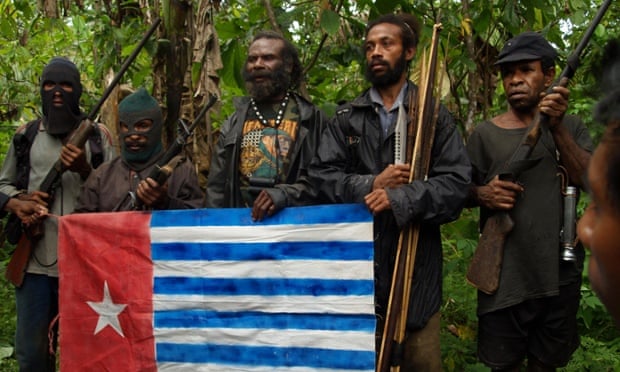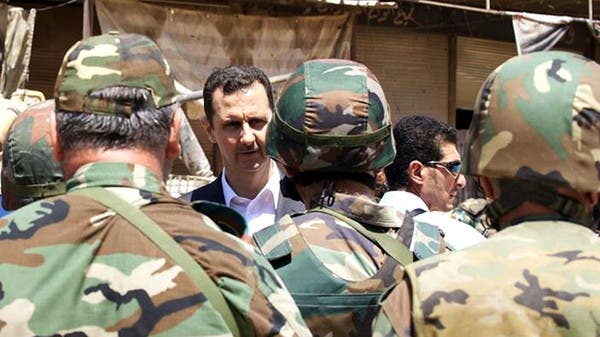By Kyle Herda
Impunity Watch Reporter, Europe
KIEV, Ukraine – After a lull in fighting and what finally appeared to be legitimate honoring of the Minsk truce over the past month, fighting has resumed around Donetsk airport. Ukrainian troops claim to have recaptured most of the territory they lost to rebels in the airport.
A passenger bus was attacked, allegedly by pro-Russian rebels, which resulted in the deaths of 13 civilians. Several thousand have gathered in Kiev for a peace march in response to the attack on civilians, prompting Ukrainian President Poroshenko to restate that “We will not give away one scrap of Ukrainian land… a very important aspect of our victory is our unity.” Further, two brothers, aged 7 and 16, were killed when a shell struck their home near Donetsk. The brothers’ 8-year-old sister was also injured in the attack that also allegedly came from pro-Russian rebels.
Pro-Russian rebel leader Zakharchenko blamed Kiev for the shelling death of the two brothers, claiming Kiev is “trying to unleash war again.” Those living in rebel-held territory report that shelling has been increasing, especially over the past 24 hours. Pro-Russians and Russia have both denied any Russian influence, either via direct troop involvement or funding weapons, but Kiev claims more proof of Russian involvement. Kiev claims that there has been increased Russian action just across the border and even funneling across into Eastern Ukraine, including moving and stocking of: “TOS-1 flamethrowers, C300 missile systems, and Smerch and Hurricane rocket launchers.”
An elderly man in Lugansk is also blamed for an attack on Ukrainian soldiers at a checkpoint. The man approached and handed soldiers a pot of honey while thanking the soldiers for their service. Later the soldiers tried to taste the honey and an explosive within the jar exploded, killing one and seriously wounding three others. All-in-all there have been over 4,800 people killed by fighting in Ukraine since last April.
For more information, please see:
Reuters – Ukrainian troops retake most of Donetsk airport from rebels – 18 January 2015
Al Jazeera – Battle over Ukrainian airport intensifies – 18 January 2015
ABC (Australia) – Ukraine crisis: Booby-trapped honey jar explodes, killing Ukrainian soldier as fighting continues – 17 January 2015
ABC (US) – Ukraine Peace Talks Fall Apart Amid Renewed Fighting – 16 January 2015


